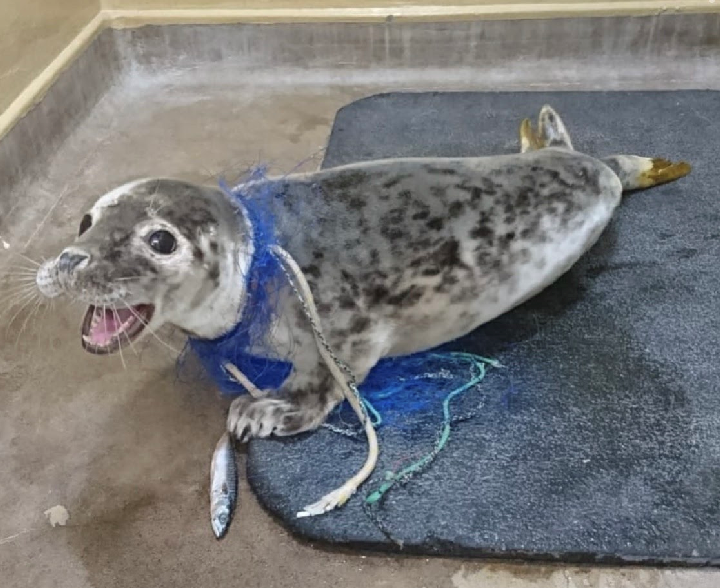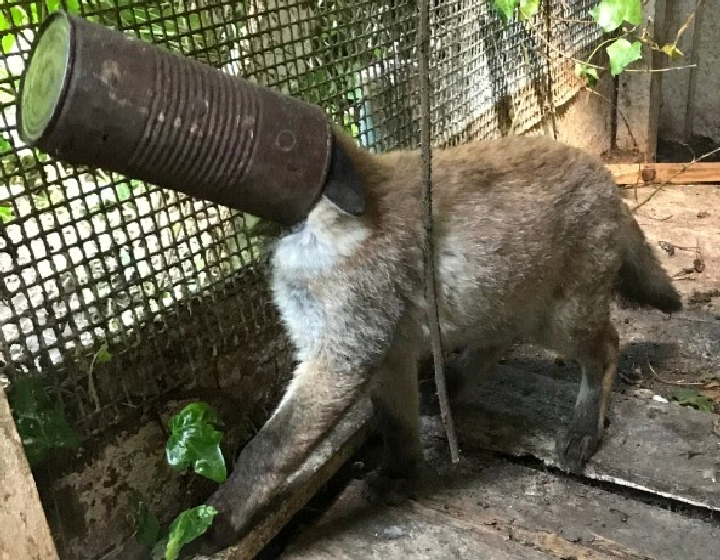Police write off over 180,000 crimes in the North West

AN investigation by Layla Moran MP has
uncovered over two-thirds of burglaries and vehicle crimes are being closed by
Police Forces throughout the North West without a suspect being identified.
181,050 cases in the North West in 2019 were closed unsolved, according to an
analysis by Layla Moran MP. The figures show that Greater Manchester Police
logged 86,211 cases as:- 'Investigation Complete; No Suspect Identified,'
Merseyside Police saw 51,744 cases, Cheshire logged 32,655 and Cumbria
had 10,460. Lancashire Constabulary didn't provide any data, but offered a link
to a Police website. Greater Manchester Police saw 284 rapes, 317 drug
trafficking offences, 2,788 stalking and harassment cases, 3,222 violence with
injury and 8,922 residential burglaries all not solved. Merseyside saw 5,483
residential burglaries remain unsolved, 58 drug possession and 69 drug
trafficking offences, 46 rapes and 2076 violence with injury were closed with
no-one charged. Cheshire Constabulary saw 23 threats to kill closed and 5 cases
of a possession of a weapon. The figures also show that in Cumbria 3,346 cases
of criminal damage were never solved, 542 public order offences are closed and
1,419 burglaries were investigated but no-one was ever caught. The county also
saw 149 sexual offences, 34 rapes, 20 possession of a weapon offences and a
possession of drugs case be written off.
Nationwide there were 68,848 stalking and harassment cases, 2,632 drug
trafficking and 4,637 weapon possession offences where no suspect was identified
before the case was closed. Screening out crimes, in which a Police force marks
a case as requiring:- "no further action," has increased rapidly
over the last decade and grew from 361,180 in 2010 to 2.2m last year, equivalent
to 43% of all crimes. The practice has become the default with some crimes. As
well as burglaries, more than ½ of all criminal damage and arson cases end up
resolved this way. Where something was stolen from a vehicle, Police failed to
identify a suspect in 93% of cases. Layla even uncovered a murder was logged as
case closed by South Yorkshire Police. The figures also show that up to 85%
burglaries also remain unsolved by Cheshire Constabulary, 81% in Merseyside and
68% in Cumbria.
Commenting, Liberal Democrat leadership candidate Layla Moran MP said:-
"It is scandalous that we are seeing so many crimes in the North West are closed
without further investigation by Police forces. It's imperative that the Police
explore every avenue and act with compassion for the victims and their families
when investigating these crimes. We are seeing murders, rapes, stalking cases
and serious assaults filed, nothing happening for months, if at all, and reports
just gathering dust in a Police filing system. All the while victims are longing
for justice. It is also vital that decisions made by the Police about
investigations, and the reasoning behind their decisions, are clearly and fully
communicated with victims so they do not feel they have been left in the dark.
At the moment millions of people are left without justice and rightly angry that
criminals are getting away scot free."
RSPCA releases new litter figures and warns of increased dangers as lockdown eases

THE RSPCA has received more than 21,600
reports of animals injured or caught in litter over the past 5 years, new stats
reveal. In Merseyside alone, 706 calls about animals affected by litter were
made to the RSPCA across that period. The animal welfare charity is urging
people who are going out more since lockdown restrictions were eased to ensure
they are taking their litter home with them or disposing of it properly and
responsibly.
Over the past 5 years (2015 to 2019), the RSPCA's emergency hotline in England
and Wales has received 6,466 calls about animals affected by general litter;
like tin cans, plastic bottles and elastic bands. There have also been 15,183
reports relating to animals injured or caught in angling litter. There have been
a further 12,904 reports of animals and birds trapped in netting, which includes
netting discarded as rubbish but this also includes sports netting or netting
put on bushes or trees to deter birds.
The charity's frontline Officers are regularly called to help cats, birds and
wildlife who have got themselves tangled in netting, injured in fishing litter
or stuck in rubbish, whether it's a fox with a tin can stuck on its head or a
seal with fishing netting wrapped around its neck cutting into the flesh.
Head of the RSPCA's wildlife team Adam Grogan said:- "Our staff are
dealing with thousands of incidents every year where animals and birds have been
impacted by litter; and they're the ones that we know of. I'm sure for every
animal we're able to help there are many that go unseen, unreported and may even
lose their lives. Litter is 1 of the biggest hazards our wildlife faces today;
and it's something that's very easy to resolve. That's why we're calling on the
public to take extra care to clear up after they've been out for a walk or
enjoyed a picnic in the woods. Now that the Government has eased some of the
lockdown restrictions, we're sure lots of families will be out and about in
nature. But it's our job to protect nature and that includes properly and
responsibly disposing of our litter so that animals can't be hurt."

As well as everyday rubbish, the RSPCA also
sees many animals arriving into our care with terrible injuries caused by
angling litter such as discarded fishing line and plastic netting. Waterfowl and
seals are often admitted to the RSPCA's 4 wildlife centres with nasty wounds
caused by fishing hooks, line and netting.
Adam added:- "Animals who get their heads or necks stuck in litter can
suffer severe injuries as they struggle to break free and can even suffocate,
while others will slowly grow weaker and weaker as they try to hunt or find food
or water. Others will get fishing line or netting cutting deep into their skin,
affecting circulation and with wounds becoming seriously infected. These hazards
can very quickly become a matter of life or death for these animals and action
is urgently needed to tackle this problem head on. It's up to every one of us to
do our bit in the war against litter."
Adam added:- "The majority of anglers do dispose of their litter properly
and it is frustrating that those who don't possibly don't realise how dangerous
it is to animals. Discarded line in particular is a terrible hazard for
wildlife, particularly as it can be almost invisible. We strongly urge those who
enjoy fishing to be extra cautious to make sure nothing is left behind. Most
anglers are very responsible when disposing of their litter, but it only takes
one careless person to endanger the life of an animal. We ask that all those who
enjoy fishing to follow the Angling Trust Take 5 campaign and make use of the
recycling scheme to dispose of their waste tackle. If members of the public see
discarded litter we would encourage them to pick it up safely and put it in the
bin, remembering to wash their hands after. Their action could save an animal's
life."
Case studies:-
► Juvenile grey seal Galactica was rescued from Horsey, Norfolk, on 24 May 2020
after being spotted on the beach with blue plastic netting tangled tightly
around her neck. She's now receiving specialist care at RSPCA East Winch
Wildlife Centre where vets removed the netting. She's the 56th seal to be
admitted to the centre with these injuries since 2008.
► 2 swans were struggling to stay above water after getting tangled together in
fishing line. RSPCA rescuers managed to get them to shore at Sturt Pond in
Milford-on-Sea, Hampshire, on 27 May 2020 before untangling them. The weaker
swan was almost completely submerged so could have easily drowned. Both were
taken to RSPCA Stubbington Ark Animal Shelter until they were strong enough to
be released.
► A fox cub got his head stuck in a discarded tin can whilst looking for his
next meal, in Camberwell, London, on 6 May 2020. An RSPCA Officer was able to
catch him and carefully wriggle him free before releasing him back into the
wild.
► An owl needed help after getting tangled in fishing line in a tree in
Lancashire. The owl's foot was trapped in fishing litter and he was spotted
dangling from a tree in Hoghton near Preston on 28 April 2020. An RSPCA Officer
rescued the bird and took him to a nearby vet where they cut the wire free. The
owl is now recovering at a local wildlife centre.
If you're concerned about the welfare of an animal please contact the RSPCA's
emergency hotline on:- 0300 1234 999.
To help the RSPCA keep rescuing animals like these and keep Animal Hospitals and
centres running for emergency treatment and round the clock care through these
unprecedented times, please donate whatever you can spare at:-
RSPCA.Org.UK/Covid








